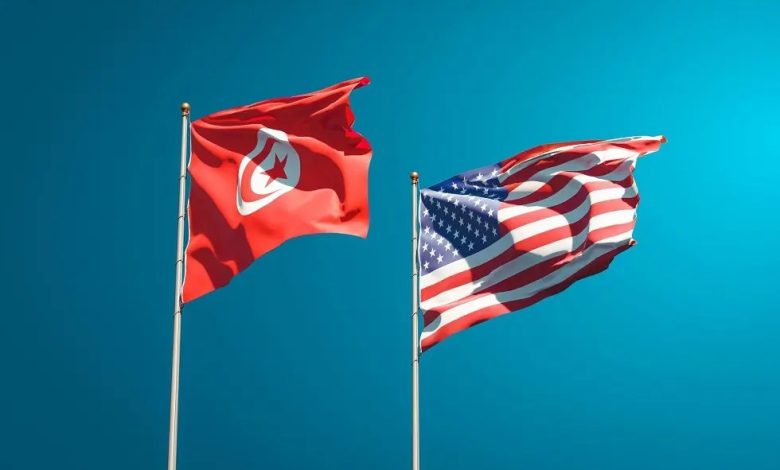Tunisian American Communities in the United States: Culture, Roots, and Contributions
Exploring where Tunisians live in the U.S., their cultural hubs, and how they maintain their heritage abroad.

The Tunisian community in the United States may be smaller than other Arab diaspora groups, but it is vibrant, tightly connected, and increasingly visible. Tunisians have migrated to the U.S. for various reasons—higher education, professional opportunities, family reunification, and political or economic aspirations. Over the years, they have built communities that not only preserve their cultural heritage but also contribute meaningfully to the social and economic life of their adopted country.
Main Locations of Tunisian Communities
Tunisian Americans are concentrated in major metropolitan areas, particularly:
-
New York City & New Jersey: Home to one of the largest clusters of Tunisians in the U.S., especially in areas with significant Arab and North African populations. Cities like Paterson and Jersey City have community centers, restaurants, and cultural events that celebrate Tunisian heritage.
-
Chicago, Illinois: A hub for North African immigrants, Chicago hosts Tunisian-owned businesses, cultural associations, and student networks.
-
California (Los Angeles & San Francisco Bay Area): California’s diverse immigrant population includes a growing Tunisian presence, with professionals in tech, academia, and entrepreneurship.
-
Washington, D.C., & Virginia: Attracts Tunisians working in diplomacy, NGOs, and international organizations, alongside students attending nearby universities.
-
Texas (Houston & Dallas): Hosts a mix of Tunisian professionals in engineering, medicine, and business, as well as a few Tunisian-owned food and cultural enterprises.

Cultural Preservation & Community Activities
Tunisian Americans maintain strong cultural bonds through:
-
Cultural Associations & Nonprofits: Groups like the Tunisian American Center or local diaspora organizations arrange cultural festivals, Tunisian Independence Day celebrations, and Arabic language workshops.
-
Restaurants & Culinary Events: Tunisian cuisine, known for its fusion of Mediterranean and North African flavors, is a cultural bridge, with restaurants serving couscous, brik, and harissa dishes.
-
Mosques & Religious Centers: Many Tunisians integrate into wider Muslim communities, participating in Eid celebrations and Ramadan iftars.
Education & Professional Networks
Many Tunisians arrive in the U.S. as students, often attending universities in engineering, business, and medical fields. Alumni networks play a key role in helping new arrivals integrate into professional life.
Challenges & Opportunities
While Tunisian Americans often face the broader challenges of immigrant adaptation—such as balancing cultural identity with integration—they also enjoy opportunities to connect with a diverse Arab and African diaspora. Increasing cultural visibility through events, media, and business ventures helps strengthen their presence in American society.



